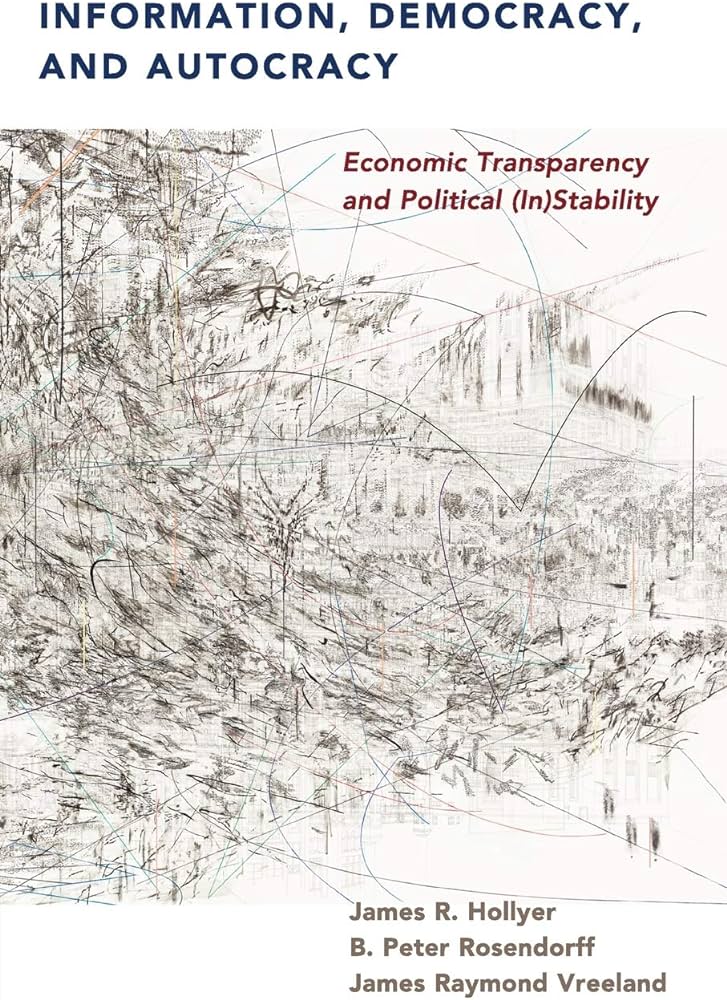
The Updated HRV Transparency Index (HRV2) is Now Available!
The new dataset expands the original dataset’s temporal coverage to 2015 and includes 24 additional countries. A documentation memo is available here.

The HRV Transparency project examines the causes and consequences of government transparency both through theoretical and empirical approaches. Are democracies truly more transparent than autocracies? What are the implications of government transparency for political stability? Does transparency improve governance?
At the center of our efforts is the formation of a credible measure of government transparency which we term the HRV Index. Creating such a measure has previously been a formidable task as transparency is an inherently broad concept, allowing room for subjective judgment and vague definitions to influence measures. By contrast, our measure relies on a precise and narrow conception of transparency: the disclosure of policy-relevant information by the government to the public. In addition, our measure reflects an objective view of transparency that is readily reproducible by others.
The HRV Index focuses on the availability of credible aggregate economic data. It does so by examining patterns of missing data and treating transparency as the latent term which best reflects the tendency to disclose. (For a full discussion of our methodology, see the following.) Our measure provides observations for 125 countries from 1980-2010 and can be used to measure relationships between transparency and other issues such as democracy, accountability, or political instability. A copy of our index is available in Stata and R format on the Download Data page.
The purpose of the website is to make available all materials associated with the HRV Transparency Project. You can find our work in which we use the HRV Index to predict the determinants of transparency and examine transparency’s repercussions for governance, accountability, and political stability here. Replication materials, related publications, and information regarding methodology are all accessible here as well.